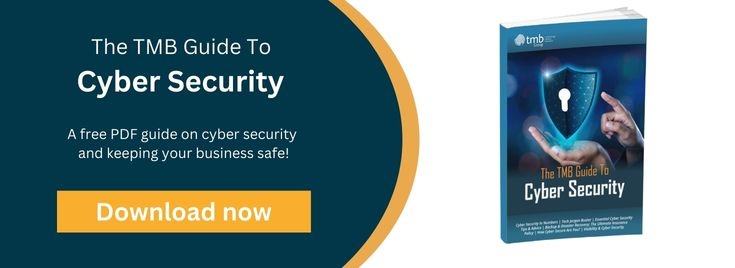Why Traditional Antivirus Software is Almost Obsolete
- Anthony
- May 25, 2023
- 12:30 PM
- No Comments
What is the absolute first thing everyone is advised to do when they set up a new desktop PC or laptop? Download and install an anti-virus platform – because, so we’re told, there are a whole host of electronic nasties just waiting to swarm down on your new computer the second you connect to the Internet.
This advice isn’t all that far wrong, despite the safeguards now built into most website browsers and applications, and the fairly high level of protection offered by most mobile operating systems.
But what if we were also told that most traditional antivirus software platforms, from Norton to McAfee, are no longer as watertight as we were once taught to believe, and that the traditional approach to antivirus software is now almost obsolete?
…Incredulity? …Panic?
For the past 25 years, antivirus software developers and hackers have been engaged in an arms race – on one side to develop protections and firewalls against the latest threats, and on the other side to program the code required to sidestep these safeguards. The back-and-forth process has led to some extremely powerful antivirus platforms, and some equally pernicious computer viruses.
As programming technology continues to evolve, so does the need for advanced software security solutions. We have now reached the stage in which software viruses are evolving so quickly, that although traditional antivirus software can still provide a basic level of protection (and is 100% still necessary) it is becoming increasingly obsolete to deal with the latest emerging threats.
Why Is This The Case?
The main reason why traditional antivirus software is falling behind in the fight against cyber crime is because most platforms rely on signature-based virus detection methods. In other words, whenever the platform scans your laptop or computer for viruses, it does so by looking for known malware signatures in order to identify the presence of malicious programs.
The platform can only detect threats that it knows about, so a clean bill of health after a scan does not mean that there aren’t viruses on your system that the platform doesn’t know about. This is why you have to update your antivirus platform regularly and keep renewing your subs each year.
Unfortunately, however, the update process within mainstream antivirus software vendors is slow and resource-intensive. Despite their best efforts, it isn’t always possible to keep up with the rapidly evolving field of digital threats, leaving many antivirus software users with glaring gaps in their security, which they may not even be aware of.
At the same time, constant updates to antivirus software make antivirus platforms increasingly cumbersome and unwieldy – interfering with other business applications and often causing hardware performance issues. Massive, locally installed, and high maintenance software applications are relics from the 1990s in an age where most businesses are migrating in droves to agile cloud-based services and data storage solutions.
The interface of many of these platforms also doesn’t evolve in step with other developments in software UI, making a lot of their features outdated and difficult to use.
So, Should I Ditch My Antivirus Subscription?
Definitely not, but as a business user, we strongly recommend supplementing your antivirus usage with more advanced and bespoke security solutions more suited to today’s digital environment, and the threats faced by modern businesses.
A cyber security managed service partner, for instance, will be able to take a holistic look at your cyber security requirements, accommodating your office and remote usage patterns, and creating a strategy and security plan that covers your mobile devices and wireless connections, as well as your traditional PC-based connections and applications.
Some of these new, network-based solutions use behaviour-based detection methods in addition to signature-based security, allowing them to detect the fingerprints of malicious activity even where diagnosed malware signatures are unknown or have yet to be identified.
This is a faster and more efficient approach to network security than traditional antivirus software, without the need for constant updates or intrusive scans to remain effective.
Protecting Your Business From Modern Cyber Threats
Modern businesses in the UK face a wide range of online threats to their data security and identity. For the best level of protection for your data and devices, we recommend a bespoke solution to online security that incorporates next-generation firewalls and endpoint protection platforms as well as antivirus safeguards, with a defence plan tailored to the needs of your business and its users.
To find out more, please call TMB today on 0333 016 5157 or make on enquiry on a website.
Image Source: Canva



